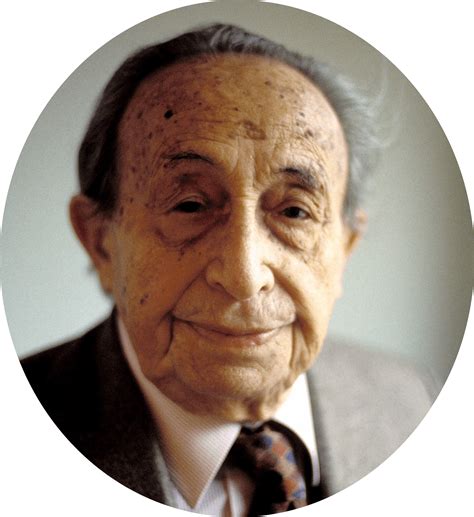Top 23 Quotes & Sayings by Hans Jonas
Explore popular quotes and sayings by a German philosopher Hans Jonas.
Last updated on April 14, 2025.
Judaism and Christianity in themselves are distinctly separate entities, to be sure; but when considering their influence on Western thought, we must bear in mind that Christianity alone, or almost alone, transmitted the Jewish share, simply by what it contained of it in its own, original constitution.
The simple truth of our finiteness is that we could, by whatever means, go on interminably only at the price of either losing the past and, therewith, our identity, or living only in the past and therefore without a real present. We cannot seriously wish either and thus not a physical enduring at that price.

























